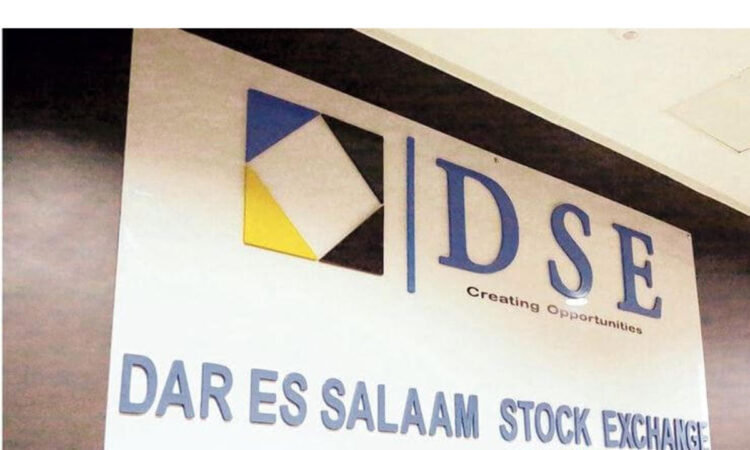
Dar es Salaam. Currency risks and global measures to mitigate inflation have had an adverse impact on trading at the Dar es Salaam Stock Exchange (DSE).
As a result, the participation of foreign investors at the bourse declined by 66.9 percent in the first nine months of this year compared to the corresponding period in 2022, according to available data.
DSE reported a turnover of Sh115.18 billion in the first nine months of 2022, with foreign investors being responsible for Sh64.6 billion in transactions, which represented 56 percent of the total turnover.
However, with the current appreciation of the US dollar, turnover dropped to only Sh79.71 billion during the first nine months of the current calendar year.
Foreign investors’ participation declined significantly, accounting for only 26.8 percent of the total turnover, which was equivalent to Sh21.38 billion.
Financial analysts told The Citizen that the shift in foreign investment within the Tanzanian stock market in 2023 compared to 2022 was largely attributable to trickle-down effects of economic policies elsewhere and fluctuations in global markets.
Post-Covid-19 pandemic economic recovery was disrupted by global tensions that saw prices of essential commodities such as food and fuel rise sharply.
Orbit Securities investment analyst Ammi Julian said the United States Federal Reserve’s decision to raise interest rates as a policy response to rising inflation in the US affected the amount of funds injected into nascent bourses such as the DSE.
He added that even investment funds, which usually target financial markets in developing countries, were hesitant in 2023 as currency exchange risks grew.
“In stock trading, like any business, returns and costs are weighed carefully and when forex risks were high, as evidenced by the shortage of dollars, it led to lower participation by foreigners investors,” Mr Julian said.
As the currency of the world’s largest economy, the dollar acts as a peg for the value of many other currencies.
Mr Ramadhan Kagwandi, chief executive of the financial firm Exodus Advisory, said foreign investors are increasingly exiting frontier markets, including the DSE, as the rising interest rates in their home countries result in elevated capital costs.
“Therefore, they resort to divesting from frontier markets and rebalancing their portfolios to fit the optimal cost of capital while maintaining the desirable risks,” he said.
Mr Kagwandi added that inflationary pressures have eroded the value of their investable capital.
“Consequently, foreign investors are compelled to divest their positions in markets perceived as more volatile and seek refuge in less volatile alternatives.”
Mr Kagwandi echoed that the currency risks have also played a huge factor in the exit as the local currency indicates frequent fluctuations against major global currencies.
With foreign investors reducing their exposure to Tanzanian stocks, the focus now shifts to domestic investors.
The analysts agree that there is an opportunity for local investors to step up and play a more significant role in driving the market.
Mr Julian mentioned that the increasing domestic investors’ activities will help to mitigate shocks in the financial markets.
“There are things which are beyond the control of the local market, but with a strong retail participation, we can reduce the risks even if an outside shock occurs,” he said.
The analysts asserted that a strong and active domestic market can also be a factor in inviting more foreign participation into the market.




